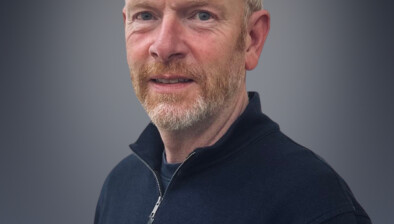England: Prosecutors admit evidential error in Lucy Letby trial

Evidence produced at the first trial of Lucy Letby indicating which staff had been in the baby unit she worked in was incorrect, England’s Crown Prosecution Service (CPS) has admitted.
The nurse was convicted of murdering seven babies and attempting to kill another six at the Countess of Chester hospital in north-west England, making her the worst child serial killer in British history. She is serving 14 whole life sentences and will never be released from prison.
At a retrial last month at Manchester Crown Court she was found guilty of the attempted murder of Baby K.
At the retrial, Nick Johnson KC, prosecuting, told the court that the door-swipe data, which records the identities of the nurses and doctors entering and exiting the intensive care unit, had been “mislabelled”.
The CPS said, however, that this had been corrected for the retrial.
A spokesperson for the CPS said: “The CPS can confirm that accurate door-swipe data was presented in the retrial.”
Conservative MP David Davis has, however, written to Sarah Hammond, chief crown prosecutor of Mersey-Cheshire CPS, to clarify how the error related to the prosecution’s case.
Mr Davis, who wants to bring a parliamentary debate following the summer recess, said: “The door-swipe data is clearly vital to knowing which nurse was where at one point in time, and this in turn was vital to the prosecution’s case in the first trial.
“It is therefore essential that the CPS makes it plain whether those errors occurred throughout any of the evidence of the first trial.”
On Saturday, a CPS spokesperson said: “Two juries and three appeal court judges have reviewed a multitude of different evidence against Lucy Letby, and she has been convicted on 15 separate counts following two separate jury trials.
“We confirm that accurate door-swipe-data was presented in the retrial.
“We have been transparent in clarifying this issue and rectified it for the retrial. We are confident that this issue did not have a meaningful impact on the prosecution, which included multiple strands of evidence.”








